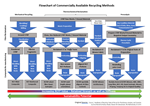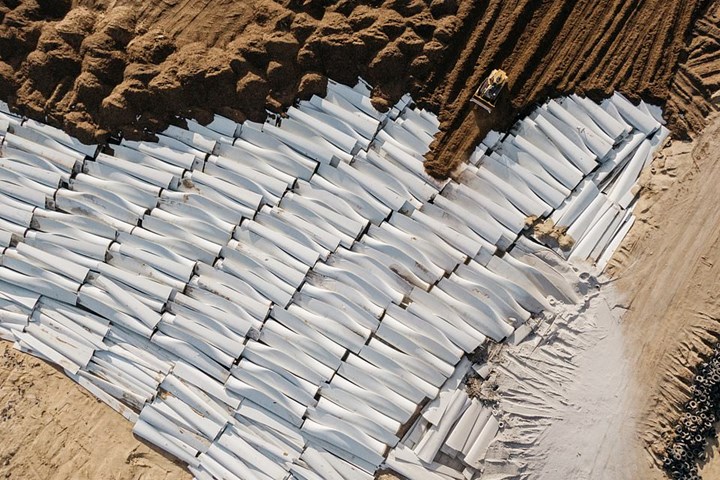RCA Engineering develops modular composite recycling systems
Modular plant configurations gives companies the option of mechanical or thermal processing of carbon and glass fibers to ensure zero waste and emissions, no noise and reduced construction costs.
With the exponential growth in the consumption of composite materials, their end-of-life recyclabilty has become an important topic to address. In this area, RCA Engineering (Barcelona, Spain) has sought to develop a modular composite recycling method for carbon and glass fibers from any sector using mechanical and thermal recycling processes. Chemical processing have been ruled out to eliminate the creation of toxic substances, such as cadmium and mercury, among others, which can further affect the environment.
RCA has designed modular plants differentiated by their mechanical capacity (i.e., production capacity in tons/hour). All models are composed of two maritime containers and a baseplate frame which provides a horizontal platform. Container dimensions change depending on the models. The containers are assembled over a modular steel structure so that the bottom container, which stores the shredded material, can be easily replaced once full. RCA Engineering says it has begun implementing thermal cameras on all of its recycling systems.
Modular systems that are capable of mechanical or thermal recycling are offered to customers; three models are available for mechanical recycling and two models for thermal recycling. The mechanical system includes a shredder system inside the part of the process line, as well as a filter and particle separator depending on the type of laminates and pieces to be decommissioned (e.g., whether they are monolithic or sandwich laminates). A small conveyor is also included on the line.
Thermal systems include a pyrolysis oven inside the process line. Regenerative burners are used for better energy efficiency. Burners cycle continuously and heat-up ramps are programmed on the PLC. Oxygen (O2) analyzers are installed to control emissions, and same with the burners to control NOx emissions. Thermocouples control the system.
Configuration of the process line on the upper container can be adjusted as per the client. Each system is fed with an electrical battery system with a capacity that can go from 281 to 1,405 kilowatt-hours. There are no emissions to the atmosphere and no noise contamination. Each modular system is said to be zero waste, easy to transport and simplified for decommissioning uses; cost is reduced by about 30% compared to the construction of a traditional plant. In addition, these recycling systems are ideal for remote locations.
RCA Engineering also offers optional packages to its modular plants that allow a complete shutdown of the process, and will work with clients on a turnkey project if wanting to install the full process plant at their facility.
Related Content
-
Plant tour: Joby Aviation, Marina, Calif., U.S.
As the advanced air mobility market begins to take shape, market leader Joby Aviation works to industrialize composites manufacturing for its first-generation, composites-intensive, all-electric air taxi.
-
Manufacturing the MFFD thermoplastic composite fuselage
Demonstrator’s upper, lower shells and assembly prove materials and new processes for lighter, cheaper and more sustainable high-rate future aircraft.
-
Recycling end-of-life composite parts: New methods, markets
From infrastructure solutions to consumer products, Polish recycler Anmet and Netherlands-based researchers are developing new methods for repurposing wind turbine blades and other composite parts.

















